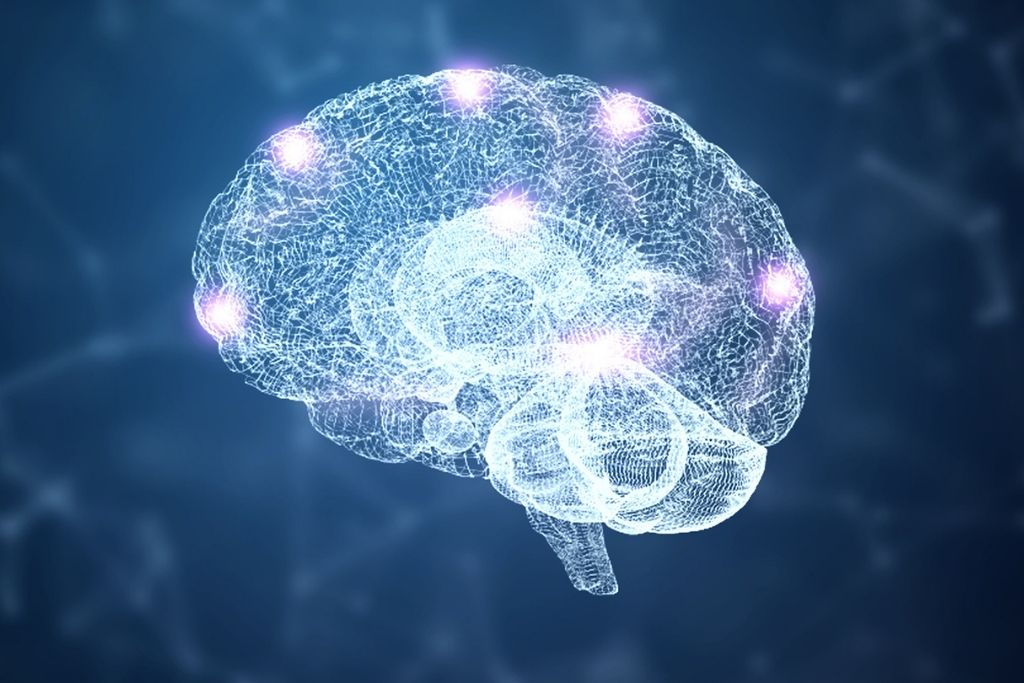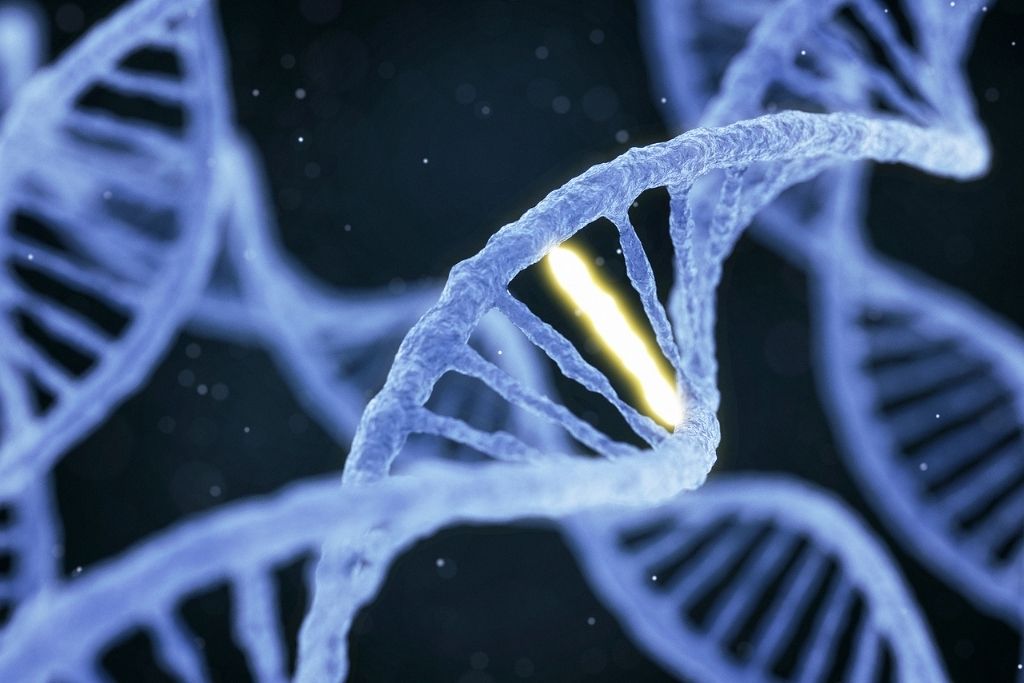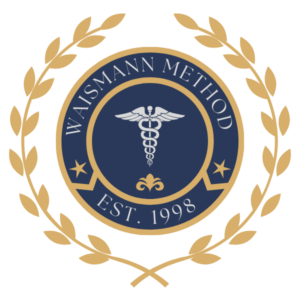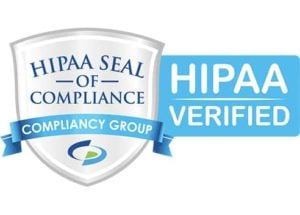Understanding Nervous System Regulation and Its Role in Healing
A paradigm shift is happening in how we understand mental health, addiction recovery, and overall well-being. Instead of focusing solely on behavior and psychology, researchers and medical professionals are turning to nervous system regulation as a key factor in emotional stability, addiction treatment, and trauma healing.
What does this mean? Simply put, the state of your nervous system determines how well you handle stress, manage emotions, and recover from trauma or substance dependence. For individuals struggling with addiction—especially those recovering from opioids—understanding and stabilizing the nervous system is crucial for successful detox and long-term recovery.
This article explores:
✅ What nervous system regulation is and why it matters
✅ The connection between stress, addiction, and nervous system dysregulation
✅ How nervous system regulation supports addiction recovery and relapse prevention
✅ Effective strategies for rebalancing the nervous system
✅ How the Waismann Method® prioritizes nervous system regulation in medical detox
What Is Nervous System Regulation?
The nervous system is a communication network that controls everything from heartbeat and digestion to emotional responses and stress adaptation. It consists of:
1. The Autonomic Nervous System (ANS)
The ANS regulates involuntary functions like breathing, heart rate, digestion, and the body’s response to stress. It has two key branches:
- The Sympathetic Nervous System (SNS): Activates the fight-or-flight response during stress or danger.
- The Parasympathetic Nervous System (PNS): Engages rest, digestion, and healing after stress has passed.
A healthy nervous system shifts smoothly between these two states—reacting to stress when necessary and returning to calm when the challenge is over.
2. Why Nervous System Regulation Matters
When functioning properly, the nervous system allows us to:
- Stay emotionally balanced
- Respond to stress appropriately
- Sleep well and feel rested
- Maintain focus and motivation
However, when the nervous system is dysregulated, individuals may experience:
- Chronic stress and anxiety
- Emotional instability and mood swings
- Fatigue and sleep disturbances
- Addictive behaviors and cravings
How Nervous System Dysregulation Contributes to Addiction
1. The Link Between Stress, Trauma, and Substance Use
Many people turn to alcohol, opioids, or other substances as a way to cope with emotional distress, unresolved trauma, or chronic stress. These substances artificially calm the nervous system, creating temporary relief from anxiety or emotional pain.
However, long-term substance use makes the nervous system even more dysregulated, leading to:
- Increased sensitivity to stress and emotional instability
- Weakened ability to self-regulate emotions
- Stronger cravings for substances that artificially “balance” the system
This is why many people relapse during stressful moments—because their nervous system is stuck in survival mode, making cravings feel overwhelming.
2. Opioid Addiction and the Nervous System
Opioids—including prescription painkillers, heroin, and Suboxone—affect the brain’s natural opioid receptors, which regulate:
- Pain relief
- Pleasure and reward
- Emotional stability
When someone becomes dependent on opioids, their nervous system relies on the drug to feel normal. This leads to intense withdrawal symptoms when opioids are removed, including:
- Severe anxiety and panic
- Pain and muscle aches
- Rapid heart rate and sweating
- Cravings and emotional distress
To successfully detox from opioids, the nervous system must be carefully regulated and supported—which is exactly what the Waismann Method focuses on.
How the Waismann Method Supports Nervous System Regulation During Detox
Unlike traditional detox programs, the Waismann Method Rapid Detox goes beyond simply removing opioids from the body. It prioritizes stabilizing the nervous system throughout the detox process, ensuring a smoother, safer, and more effective recovery.
Step 1: Pre-Detox Stabilization & Medical Preparation
Before detox begins, patients are admitted to a full-service accredited hospital and receive:
- Medical evaluation to assess nervous system health and detox needs
- IV hydration and nutrients to support neurological stability
- Short-term opioid medications (if needed) to prevent immediate withdrawal distress
Unlike traditional rapid detox centers that rush patients into detox without proper preparation, the Waismann Method takes a personalized approach to reduce stress and stabilize the nervous system before detox begins.
Step 2: Rapid Detox Under Sedation
✔ During detox, carefully selected medications are administered to support the body’s natural neurochemical recovery. This process helps restore the production and regulation of essential neurotransmitters such as endorphins, dopamine, and serotonin, as well as key hormones that influence mood, pain perception, and overall physiological balance.
✔ Patients sleep through the most intense phase of withdrawal while opioids are rapidly cleared from their system. This medically supervised approach significantly reduces discomfort and prevents the prolonged suffering typically associated with traditional withdrawal methods.
✔ Vital functions, including heart rate, blood pressure, and oxygen levels, are continuously monitored by an experienced medical team. This ensures autonomic nervous system stability, minimizing the risk of severe withdrawal-related complications.
✔ The nervous system is actively supported throughout the detox process to facilitate a smooth and controlled transition. By managing withdrawal-related stress responses, we promote a safer, less physically taxing detox experience, reducing post-detox complications.
✔ To further aid recovery, opioid receptor antagonists are administered to block opioid receptors and help eliminate physical cravings. By preventing opioids from reattaching to receptors, these medications allow the brain’s natural endorphin system to restart, promoting long-term physiological balance and reducing the risk of relapse.
Step 3: Post-Detox Recovery at Domus Retreat
After detox, patients do not go home immediately—instead, they recover at Domus Retreat, a specialized post-detox facility that helps restore nervous system balance.
- Nutritional support and hydration to promote healing
- Relaxation techniques to ease post-detox anxiety
- Medication-assisted support (if needed) to regulate lingering symptoms
- Emotional and psychological stabilization
By addressing both the physical and neurological effects of detox, the Waismann Method dramatically reduces cravings, anxiety, and relapse risk—ensuring a strong foundation for long-term recovery.
📞 Want to Learn More? Call 1-800-423-2482 Today.
Nervous System Regulation & Recovery FAQs
How does nervous system dysregulation affect addiction?
Nervous system dysregulation makes it harder to handle stress, emotions, and cravings, increasing the risk of relapse and emotional instability.
Can you retrain your nervous system after addiction?
Yes! The nervous system can heal with breathwork, mindfulness, nutrition, proper sleep, and medical interventions like rapid detox.
Why is medical detox important for nervous system regulation?
Detoxing without medical support can overwhelm the nervous system, causing extreme withdrawal symptoms. Programs like Waismann Method ensure a safer, smoother transition.
What are the best techniques to regulate the nervous system?
— Controlled breathing (box breathing, physiological sighing)
— Mindfulness and somatic awareness
— Cold exposure (cold showers, ice baths)
— Healthy diet and hydration
— Consistent sleep schedule
Healing the Nervous System for Long-Term Recovery
Nervous system regulation is the missing link in many addiction recovery programs. Without stabilizing the nervous system, detox and recovery can feel overwhelming.
✔ Waismann Method prioritizes nervous system regulation for a safer, more effective detox.
✔ Techniques like breathwork, mindfulness, and nutrition help retrain the nervous system post-detox.
✔ A regulated nervous system reduces cravings, anxiety, and relapse risk.
Your recovery starts with your nervous system. Take the first step today.
📞 Call Now: 1-800-423-2482
📩 Email Us Confidentially for Personalized Guidance
Want to Learn More?
For more information on nervous system regulation and mental health, check out these resources:
- The Body Keeps the Score – Dr. Bessel van der Kolk
- Polyvagal Theory – Dr. Stephen Porges
- Breath – James Nestor
Your nervous system is the key to healing. Start your journey today.














